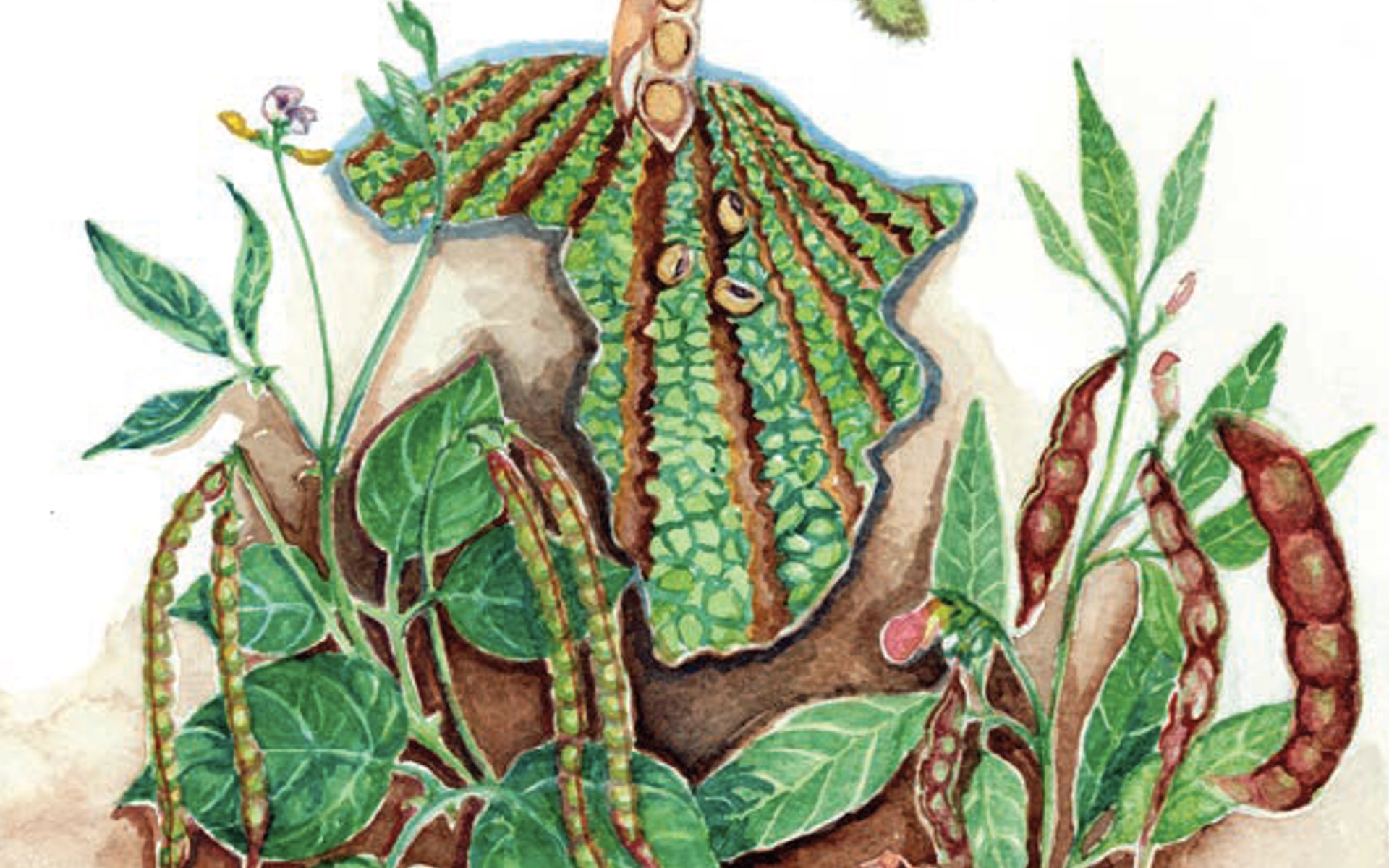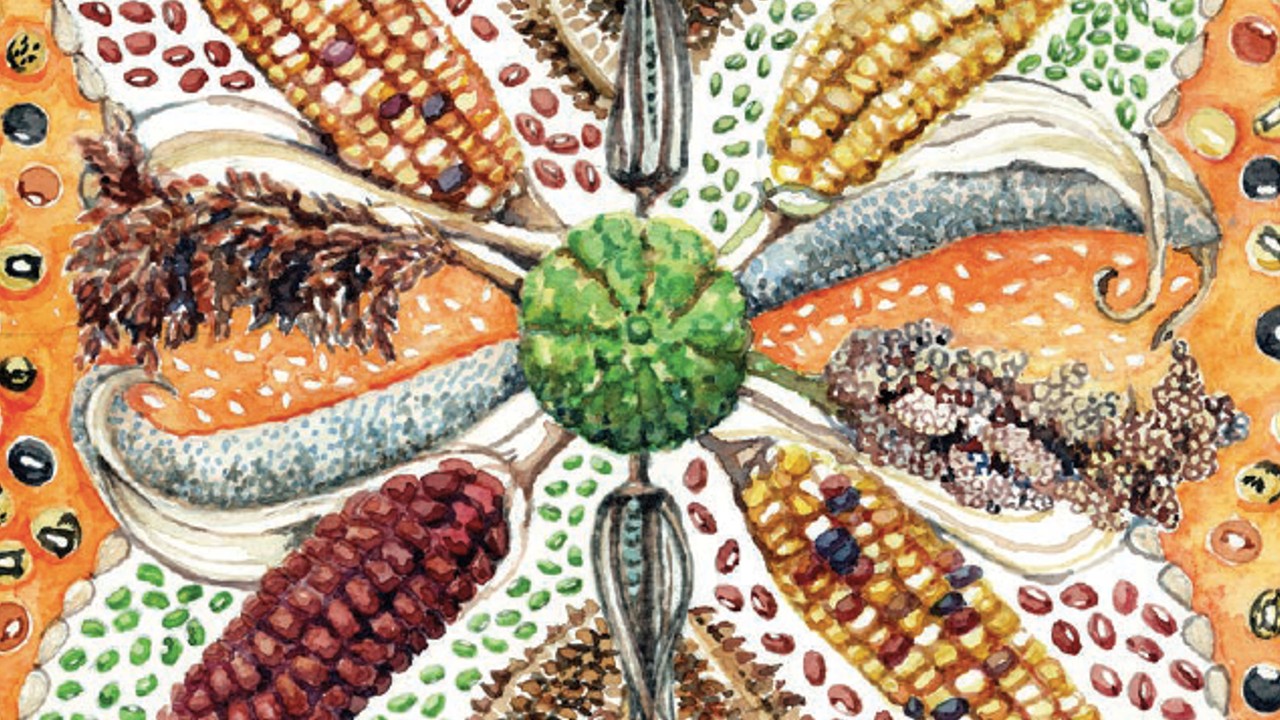Latest Resources

13 February 2017
Bayer-Monsanto merger: An existential threat to South Africa’s food system
In December 2016 Monsanto shareholders voted in favour of the sale of the company to Bayer for US$66 billion, making it the largest-ever foreign corporate takeover by a German company. Both Bayer and Monsanto are major global manufacturers of agrochemicals and seeds, including genetically modified seed. A merged entity would be the world’s largest supplier […]

29 August 2016
N2 Africa, the Gates Foundation and Legume commercialisation in Africa
This report considers the N2Africa programme, which aims to develop and distribute improved, certified legume varieties (soya, common bean, groundnut and cow pea); promote and distribute inoculants and synthetic fertiliser; and develop commercial legume markets for smallholder integration in 13 countries in sub-Saharan Africa: Tanzania, Uganda, Ethiopia, Nigeria, Ghana (core countries); Kenya, Rwanda, Democratic Republic […]

11 July 2016
Farm Input Subsidy Programmes (FISPs): A Benefit for, or the Betrayal of, SADC’s Small-Scale Farm...
This paper reviews the farm input subsidy programmes (FISPs) within countries belonging to the Southern Africa Development Community (SADC), to ascertain whether input subsidies have benefited small-scale farmers, have increased food security at the household and national levels, and have improved the incomes of small-scale farmers. Download the report.

2 June 2016
Integration of small-scale farmers into formal seed production in South Africa
The scoping report looks at key policies, legislation and programmes in SA with an emphasis on seed laws and considers the implications for small- scale farmer involvement in this sector and outlines a few projects on community seed production, indigenous crops and black- owned private sector seed production efforts.

4 May 2016
Changing Seed and Plant Variety Protection Laws in Tanzania – Implications for Farmer-Manag...
Seed legislation is under review in Tanzania with a view to changing this in order to further expand the role of the private sector in the commercial seed sector. This law reform is mainly targeted at the seed marketing laws (Seed Act of 2003 and its regulations of 2007) and revision of its Plant Breeder’s […]

18 April 2016
Zimbabwean smallholder support at the crossroads: Diminishing returns from Green Revolution seed ...
This scoping report is published jointly by the African Centre for Biodiversity (ACB and the Zimbabwe Small-Scale Organic Farmers’ Forum (ZIMSOFF). The report focuses on government and donor farm input subsidy programmes (FISPs) and seed aid in facilitating the spread of Green Revolution technologies and raises questions about who really benefits from these programmes. It […]

9 November 2015
Which way forward for Zambia’s smallholder farmers: Green Revolution input subsidies or agroecology?
In this report, we provide a critique of the Green Revolution Farmer Input Subsidy project in Zambia, looking at its impacts particularly for small holder farmers and their seed systems.

2 September 2014
Africa an El Dorado for South Africa’s Agribusiness Giants
South African agribusinesses are aggressively expanding into Africa in search of profits from a relatively untapped consumer market with rising income levels and to escape the country’s negative economic conditions. This paper traces this expansion and outlines the implications for Africa’s market structure, food security and food sovereignty movements, as well as exploring the potential […]

16 June 2014
Slavishly following UPOV 1991: A critique of Mozambique’s PVP law
In this report, the ACB provides a critique of the Mozambique PVP law and concludes that the government of Mozambique has turned a blind eye to its small-scale farmers and their seed and farming systems. The provisions dealing with the exclusive rights granted to plant breeders and the exceptions to those rights render the centuries-old […]

18 November 2013
Giving With One Hand and Taking With Two: A Critique of AGRA’s African Agriculture Status R...
The African Centre for Biosafety (ACB) has released a comprehensive critique of a report published by the African Alliance for a Green Revolution in Africa (AGRA). The analysis of AGRA’s African Agriculture Status Report 2013 reveals that AGRA’s vision is premised on Public-Private Partnerships in which African governments will shoulder the cost and burden of […]
